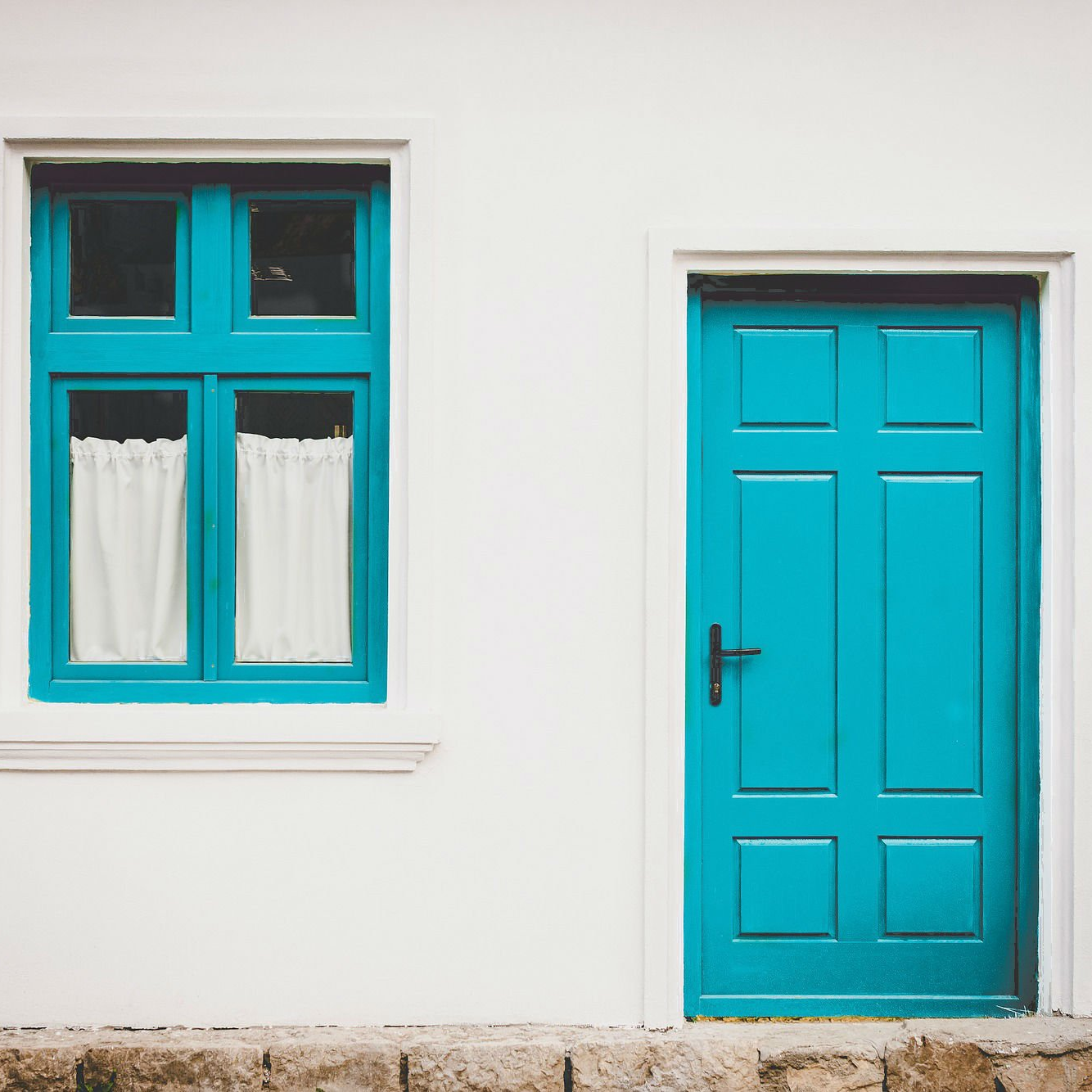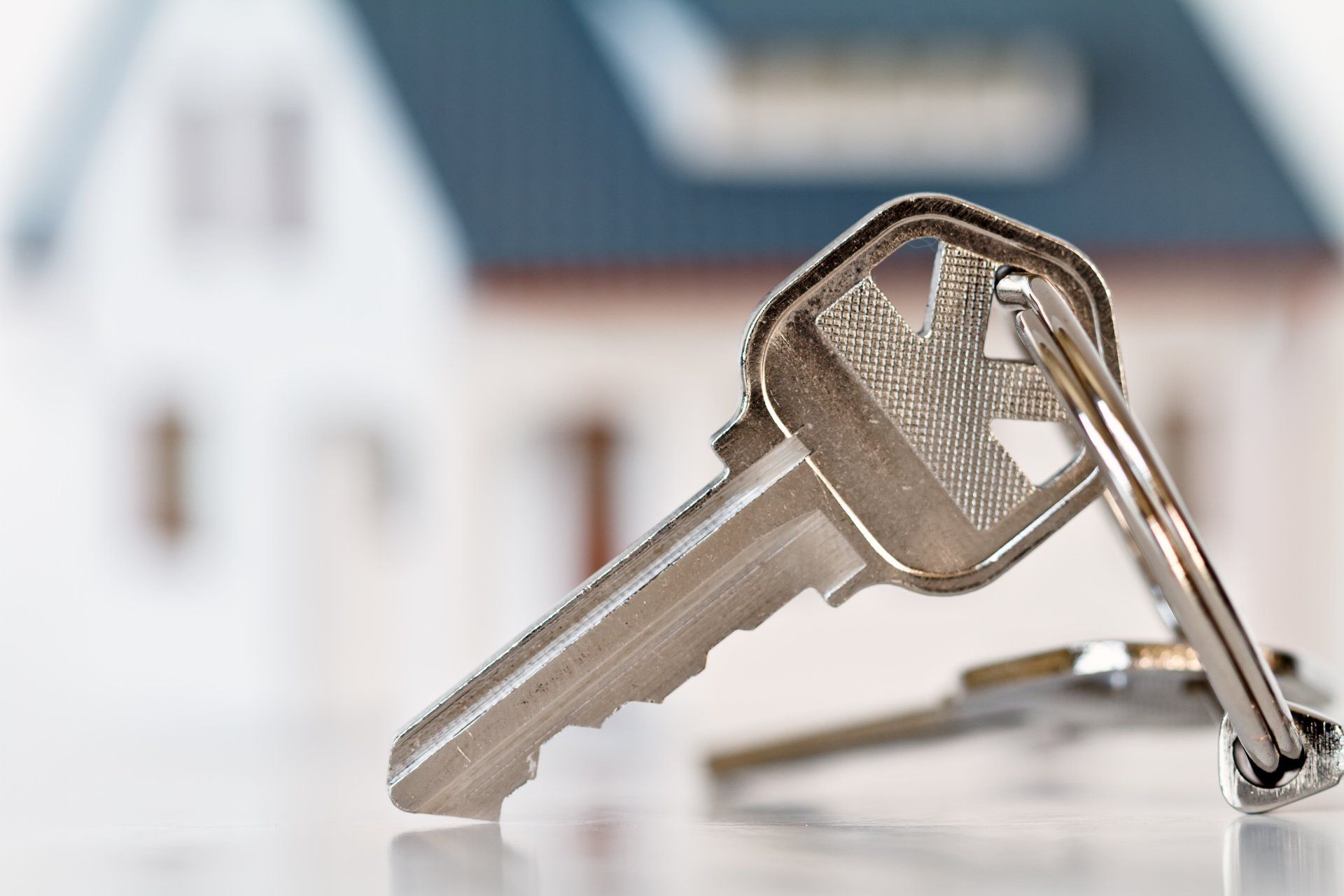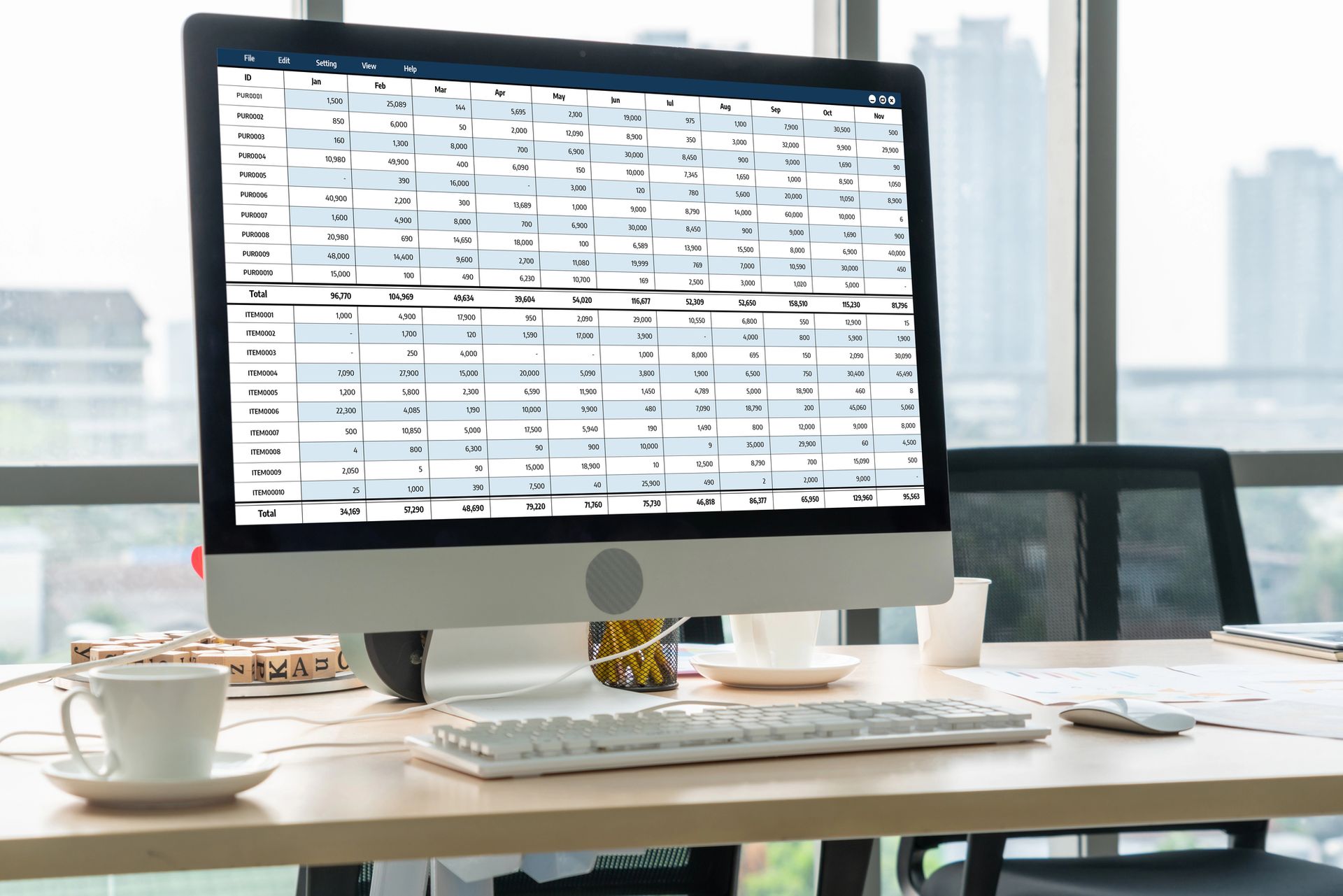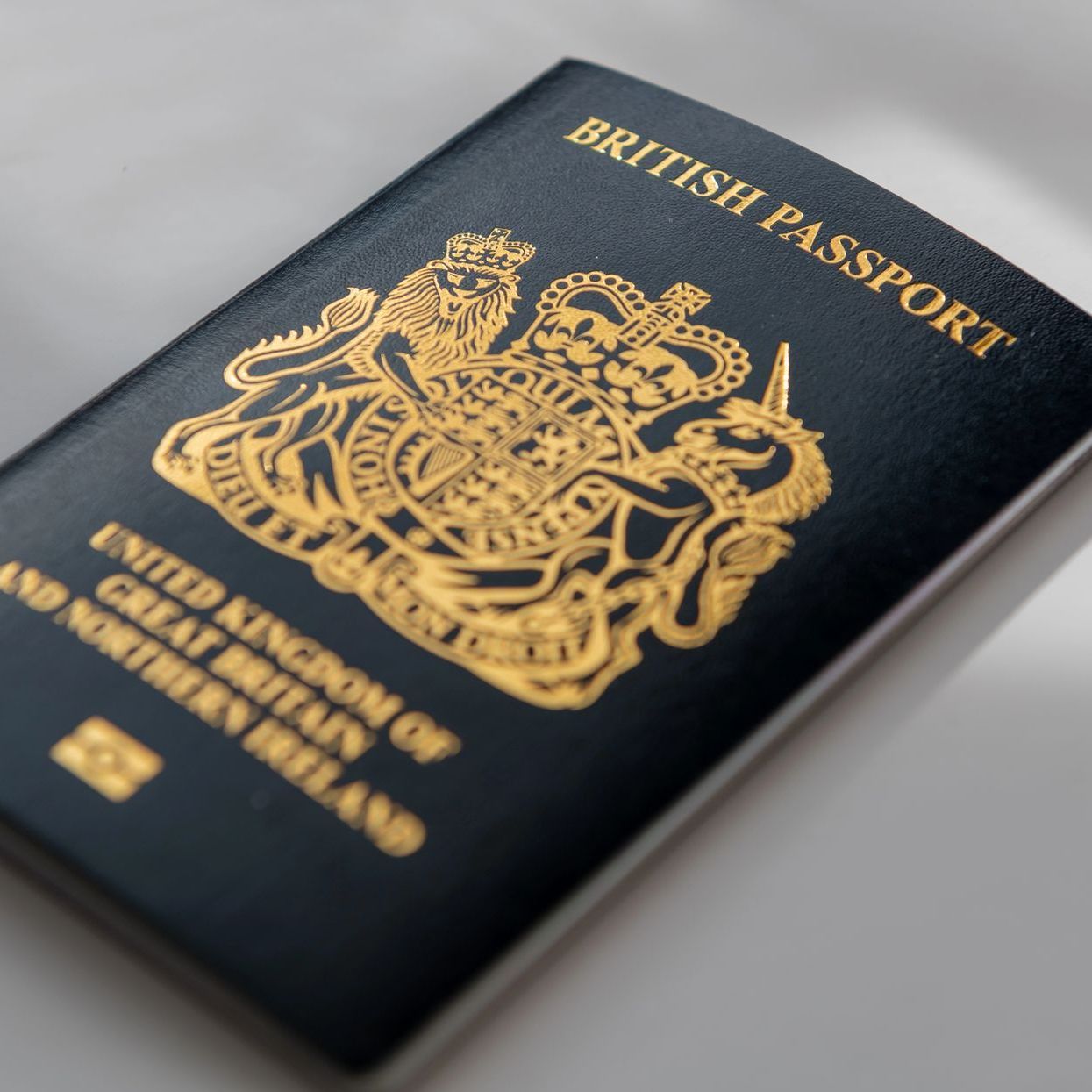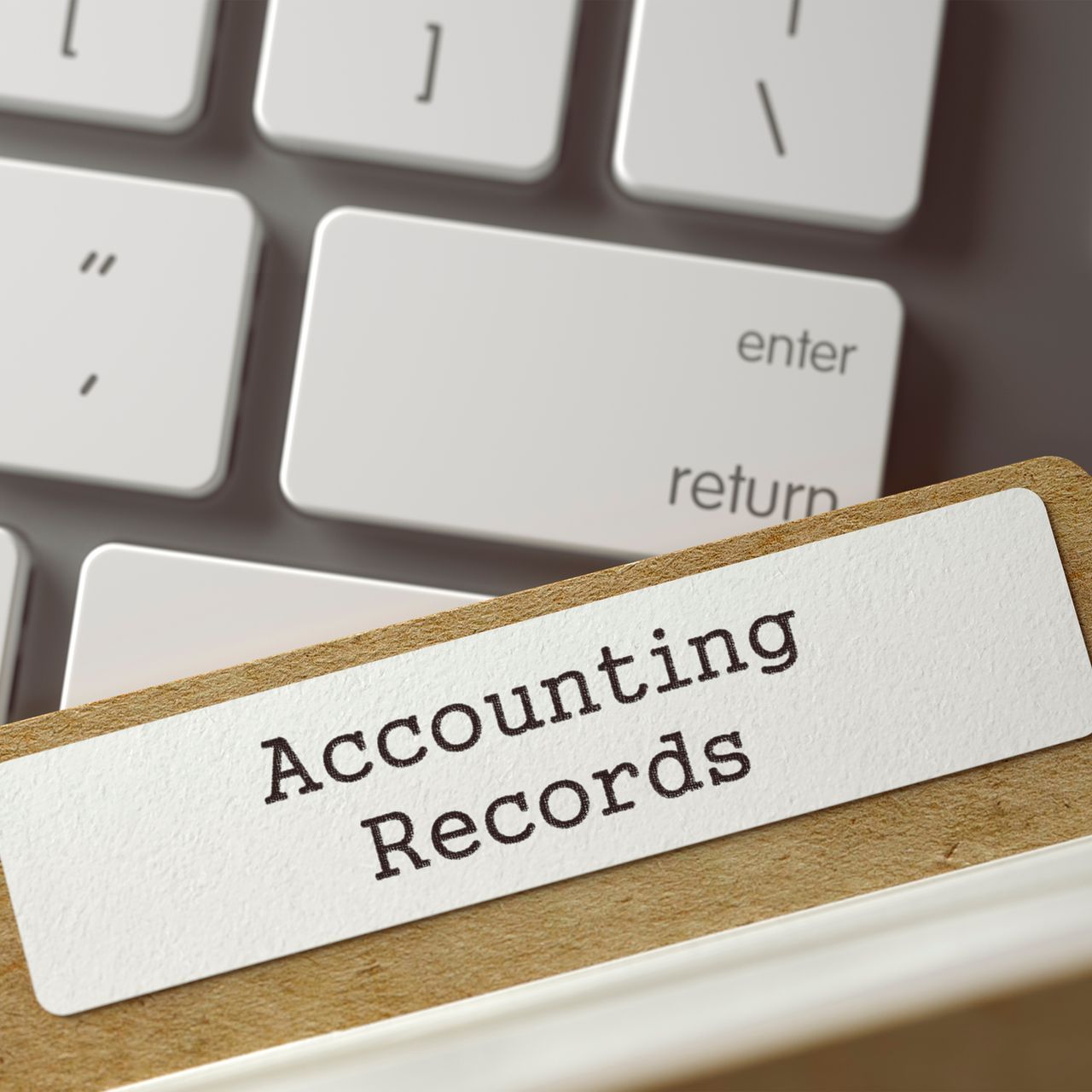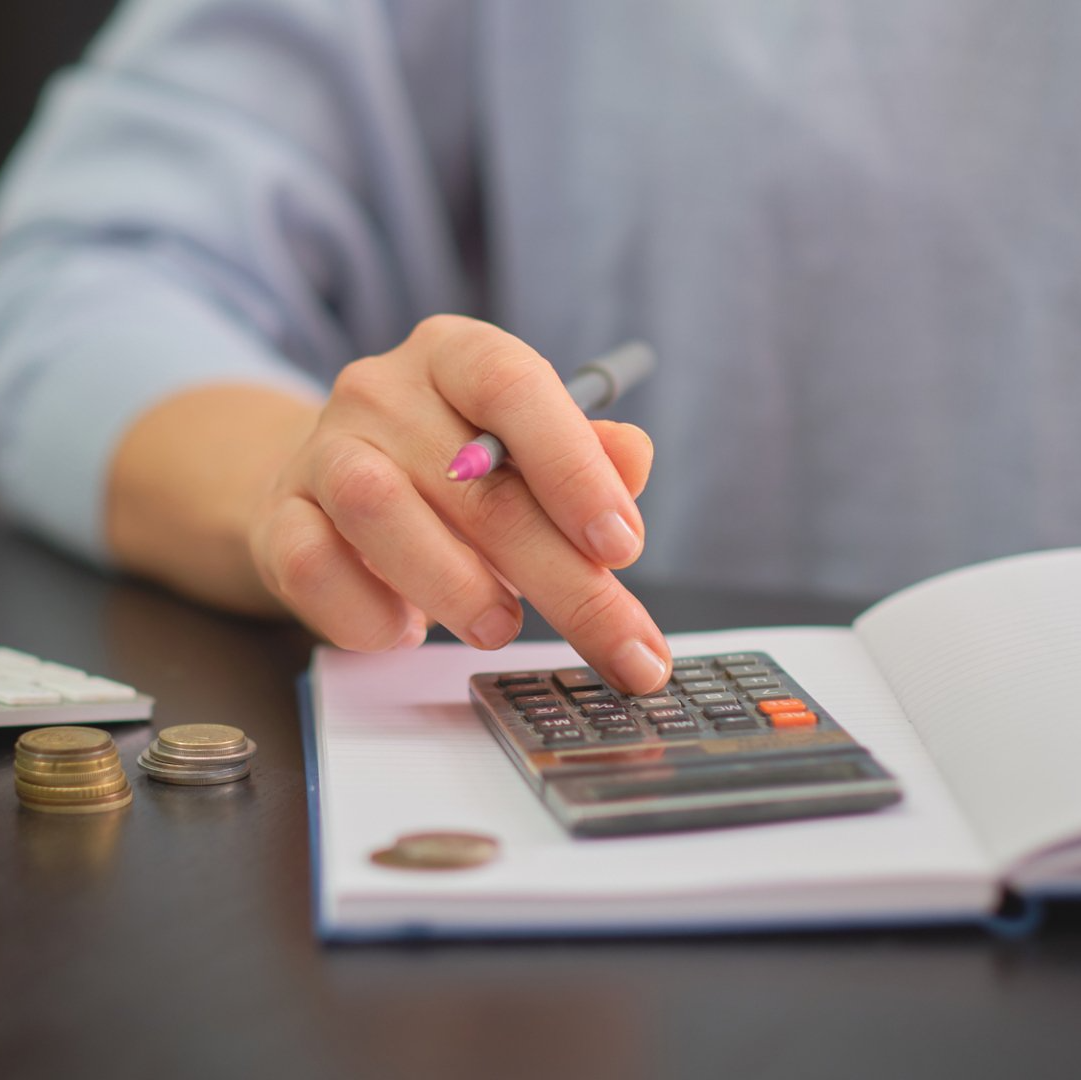When do I pay Capital Gains Tax on my property?
If you own a rental property or a second home, then you need to be aware of changes to the capital gains tax regime for UK resident individuals.
When do I pay Capital Gains Tax at the moment?
When you sell your main or only residence, there is usually full relief from capital gains tax so you have nothing to pay and no return to complete. This isn't the case if you sell a second property. Under the current regime, capital gains tax for individuals is calculated as part of the self-assessment return and any tax is payable at the same time as the return is submitted. This means that if you sell a rental property right at the beginning of a tax year, you are not required to make any submissions or payments until almost 22 months later. In addition, you currently don’t have to pay any tax on the first £12,000 of capital gains in the tax year.
What is changing?
From April 2020, the deadline for reporting and paying capital gains tax is reducing drastically to just 30 days after the sale. You may not even know whether you are going to be a higher rate taxpayer at the time the payment is due so you may need to use reasonable estimates to calculate the amount of tax to be paid. The latest CGT rates can be found here. If you do need to make any adjustments to your original estimate, they will be made through the annual self-assessment return. Thankfully, if there is no tax due to be paid then no report is required, but it may be sensible to complete the calculation to know that it doesn’t need to be submitted!
Is anything else changing?
At the same time as having to pay the tax faster, two of the more generous reliefs available to some landlords is also reducing. Lettings relief is currently available up to a maximum of £40,000 to landlords that rent out a property that they have previously lived in as their main residence. From April 2020, this relief will only be available where you have lived in your property at the same time as your tenant.
Not only that, the last 18 months of owning the property are currently exempt from capital gains tax whereas in the future this will be reduced to just the last 9 months, again leaving you with a higher tax bill.
These changes mean that if you are selling a rental property that you have previously lived in you will be expected to pay more tax and sooner!What should I do?
If you are planning to sell a rental property, you need to be aware that you may need to act quickly to submit a return and pay some tax. If you have an accountant, keep them informed of the progress on the sale so they can be available to help if need be.
In order to calculate the amount of tax that may be due and decide whether a return is required, you will need to have the following information to hand:
- Property purchase price
- Cost of any improvements made
- Date of purchase
- Any dates you lived in the property yourself
There is no need to wait to collate this information, it can be gathered well before the sale takes place.

